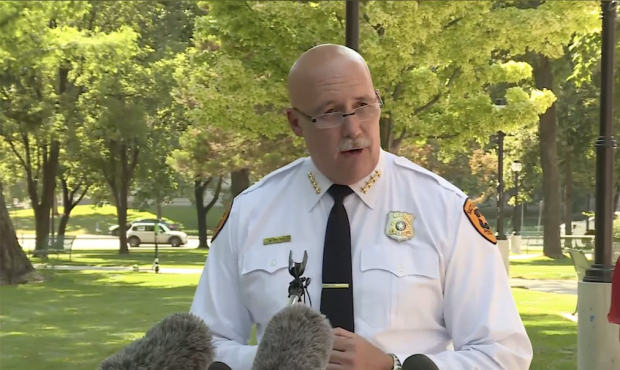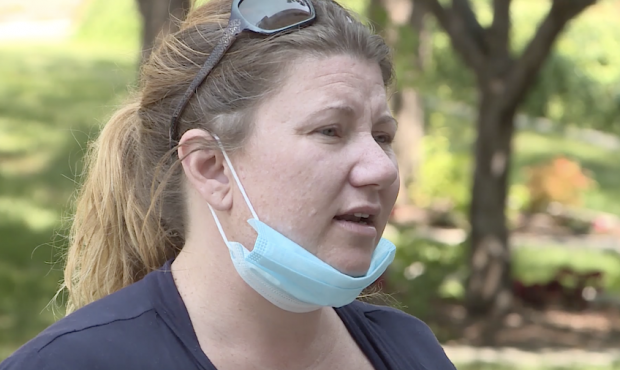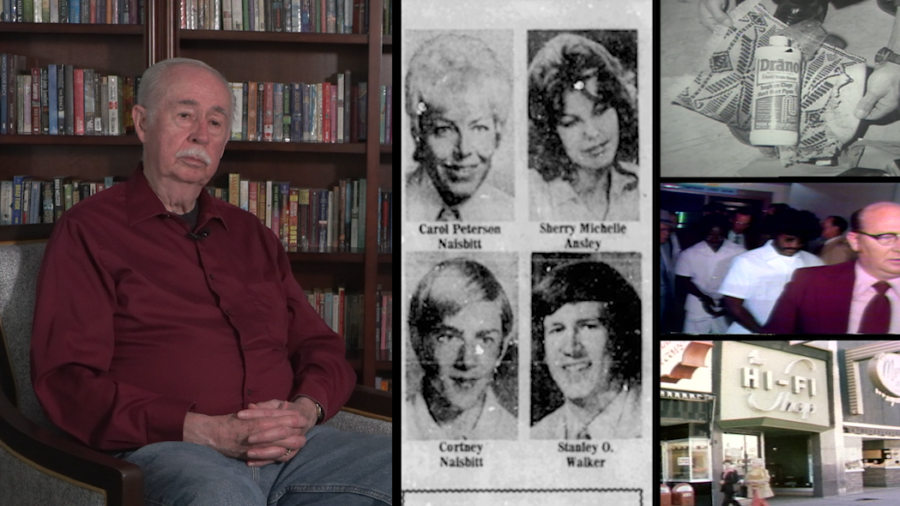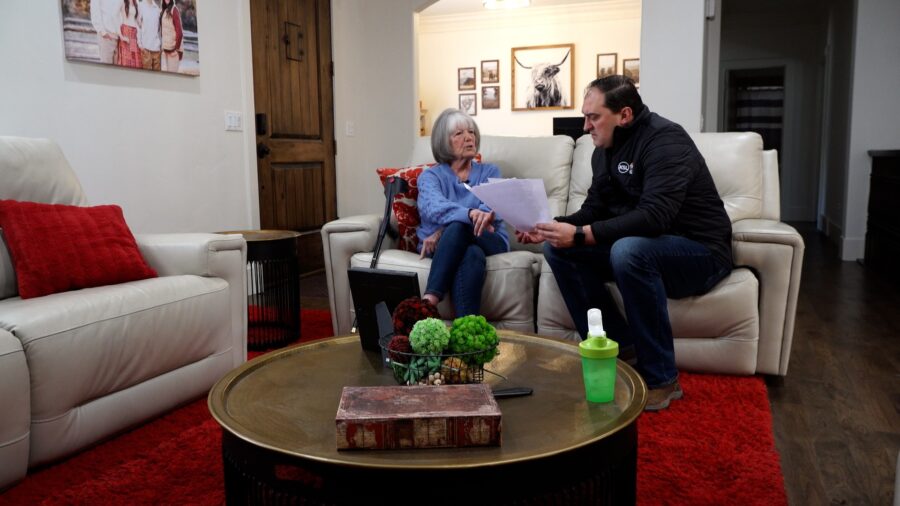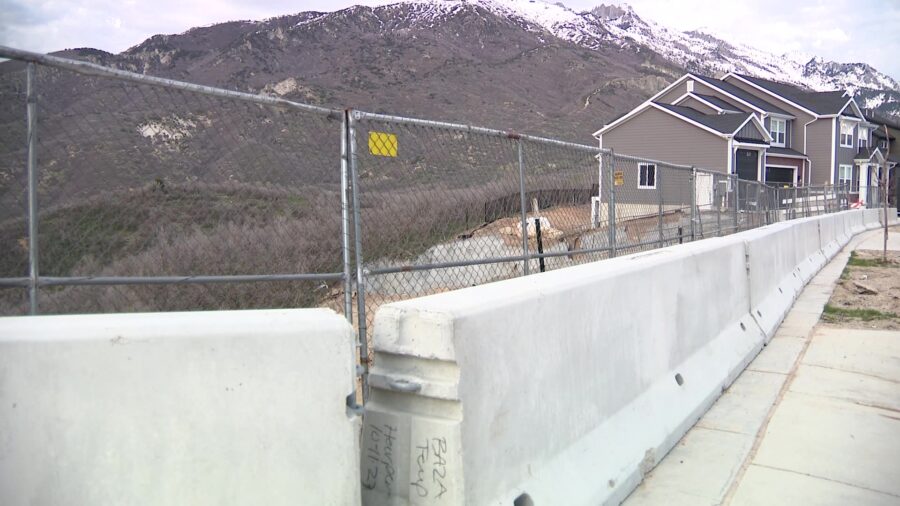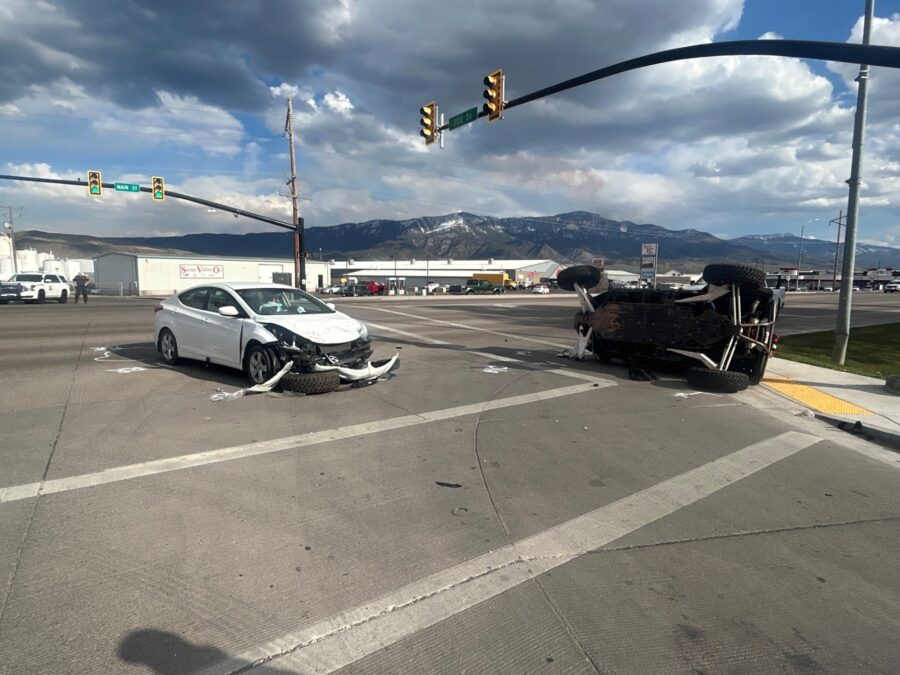Commission Addresses Police Shooting Of SLC Teen With Autism
Sep 16, 2020, 10:39 PM | Updated: 11:26 pm
SALT LAKE CITY, Utah – The newly-formed Racial Equity in Policing Commission discussed recent police shootings and policy reform over Zoom at its meeting Wednesday night.
The verbiage in new policies was a key point in the discussions. Earlier this month, Salt Lake police officers shot a 13-year-old boy with autism after his mother called police for help.
In new reform approved last month, officers are required — not recommended — to try de-escalation techniques before they use force. The policy specifically defines “de-escalation” and other terms like “imminent” and “necessary.”
The commission believes other improvements should be reviewed.
Commissioner Darlene McDonald is the parent of a child on the autism spectrum. “The entire situation unnerved me because I could easily put myself in that situation,” said McDonald referring to the September 5 incident. “I don’t even want to call this is a mental health crisis because it wasn’t mental health. This is a special needs young man.”
Chief Mike Brown with the Salt Lake City Police Department addressed McDonald’s concerns.
“I want to reassure you that we have been teaching and employing de-escalation in our training ever since I became the chief,” said Brown. “We teach it. It’s an expectation and with these new policies going forward we are going to try to expand upon it.
Commissioners know very few details about the day police shot 13-year-old Linden Cameren, but that will likely change later this week when body camera video from the incident is released.
“We have a long road ahead of us. I think there is definitely room for improvement that will be very easy to pick up and take care of, such as what the Mayor has already done with her executive order,” said Nicole Salazar-Hall, one of the six core commissioners appointed by Salt Lake City Mayor Erin Mendenhall. “Then there is a larger piece of really changing the narrative of race in our society and gender equality and that is going to take a lot longer.”
The commission meets every Wednesday at 5 p.m. via Zoom. They welcome public comment every other week.

